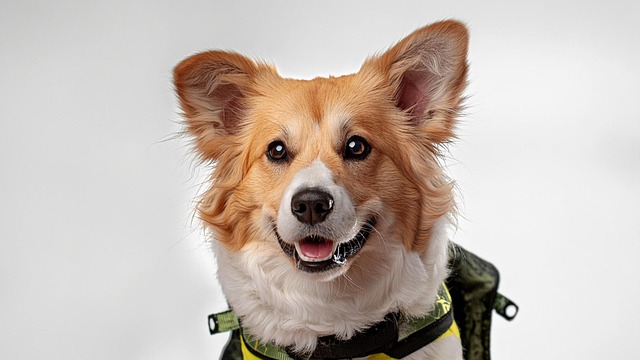
How do i train my dog to be obedient?
Watching your dog dart across the park ignoring your calls isn’t just frustrating—it can put them at risk near busy streets or public spaces.
Those sharp little puppy teeth on your hands can make playtime feel more like a shark attack. It’s a universal experience for new puppy owners, but it’s crucial to understand that your puppy isn’t being malicious; they are teething, exploring their world, and learning how to interact with you. The goal isn’t to punish this natural behavior, but to gently teach them that human skin is off-limits, starting from the very first day they come home.
The most effective strategy is a combination of communication and redirection, rooted in how puppies naturally learn from their littermates. When your puppy’s teeth clamp down on your hand, let out a high-pitched, dramatic yelp—a sharp “Ouch!” or “Ay!”—to mimic the sound a fellow puppy would make if bitten too hard. The instant you yelp, freeze and become completely boring for about 30 seconds. This social withdrawal teaches them that biting makes the fun person disappear. Then, immediately redirect their chewing onto an appropriate toy. The moment their mouth closes around the toy, praise them calmly and offer a small treat. This positive reinforcement clearly marks the desired behavior: chewing toys is awesome; chewing hands is not. Consistency from everyone in the household is absolutely key. If sometimes biting gets a reaction and other times it gets a toy, your puppy will just be confused.
It is vital to remember that physical punishment is never the answer. Never hit, thump their nose, hold their mouth shut, or roll them onto their back. These outdated, dominance-based methods are not only culturally frowned upon in modern animal training but are also scientifically proven to be counterproductive. They break your puppy’s trust, can create fear and anxiety that leads to more serious behavioral issues later, and may even encourage more frantic biting. Your hands should always be associated with gentle pets, delicious treats, and fun games, not pain or fear. This positive, force-free approach is the standard endorsed by veterinary behaviorists and trainers across the U.S. and Europe.

This early training is your first major step in responsible puppy ownership, which extends far beyond your living room. A puppy that learns bite inhibition grows into a safe and polite adult dog, which is especially important in shared spaces like apartment buildings where close encounters with neighbors are common. Furthermore, this training period coincides with your legal obligations. Your puppy must receive their full series of vaccinations, including rabies as mandated by law, before they can safely interact with other dogs in public spaces. And as you begin taking your pup on short walks to socialize them (after they’re fully vaccinated), you must always carry waste bags and immediately clean up after them. This is a non-negotiable law in most municipalities and a fundamental part of being a respectful member of your community. By patiently teaching your puppy with kindness, you’re not just saving your hands—you’re building a foundation of trust and raising a well-mannered canine citizen.

Watching your dog dart across the park ignoring your calls isn’t just frustrating—it can put them at risk near busy streets or public spaces.

New puppy owners often find themselves rushing to clean up accidents before they set in, and that’s where puppy pad training becomes a game-changer.

If you've noticed your dog's waistline disappearing and your veterinarian has mentioned those few extra pounds, your first instinct might be to simply reduce the amount of food in their bowl.

Training a dog to use a designated spot indoors isn’t as daunting as many new owners fear, but it does take consistency and an understanding of your pet’s needs.

That moment of dread on a walk is all too familiar for many new dog owners. You see another dog approaching down the sidewalk of your neighborhood

If the sight of another dog on your neighborhood walk makes your heart sink as your own dog erupts into a frenzy of barking and lunging, you're not alone.